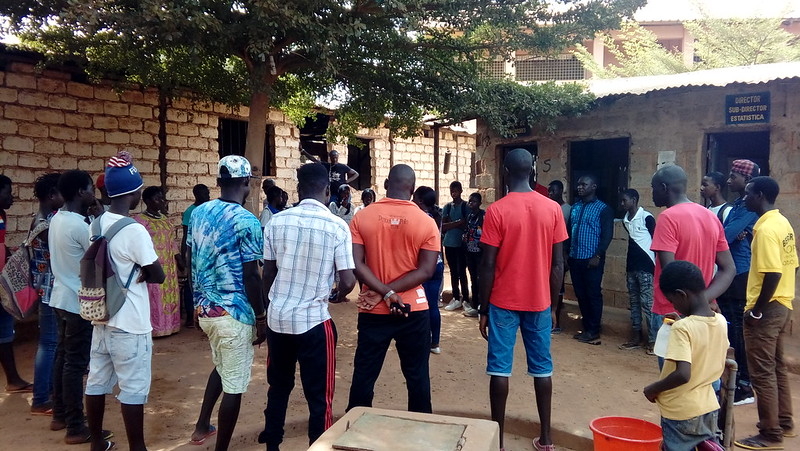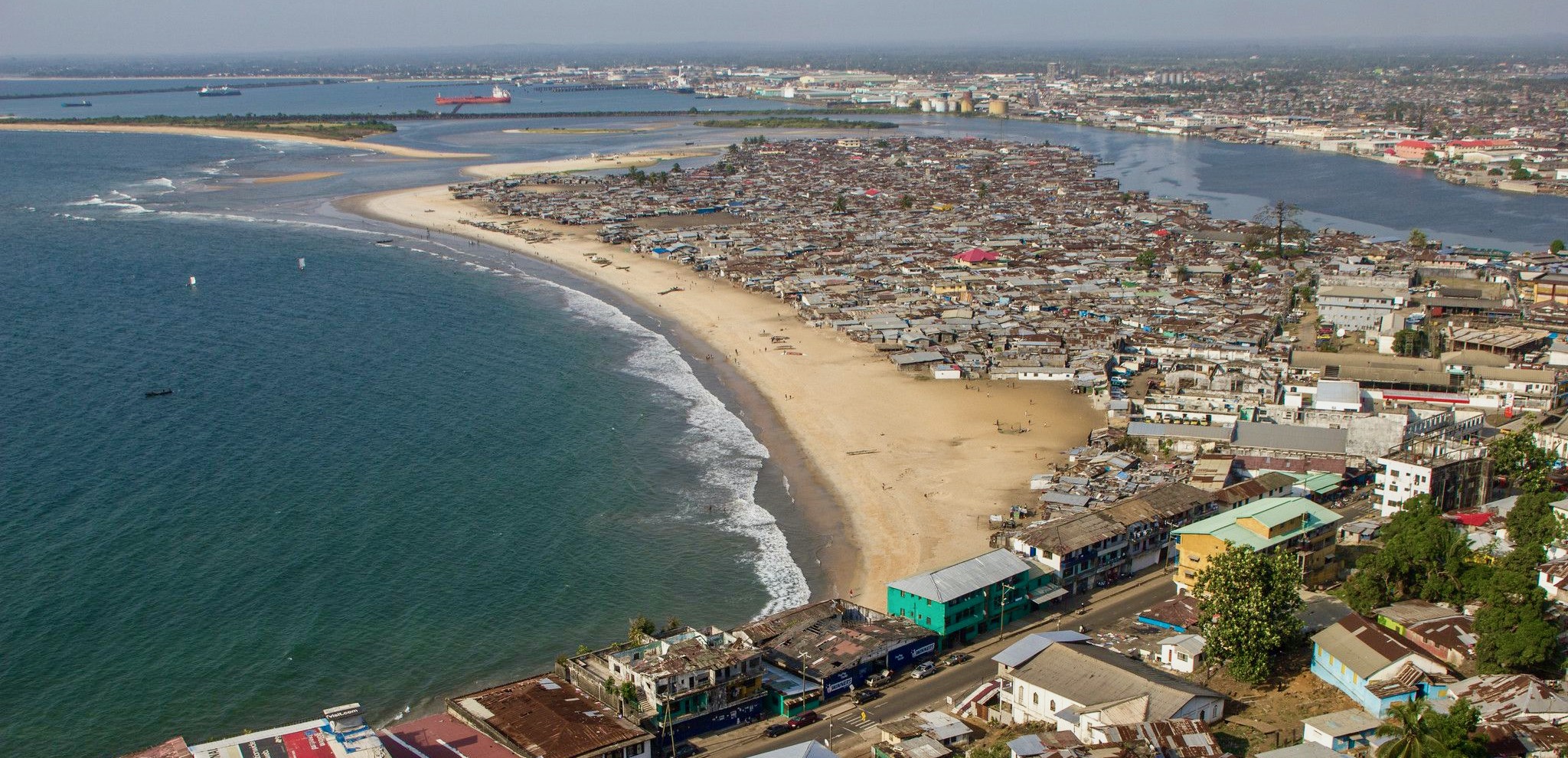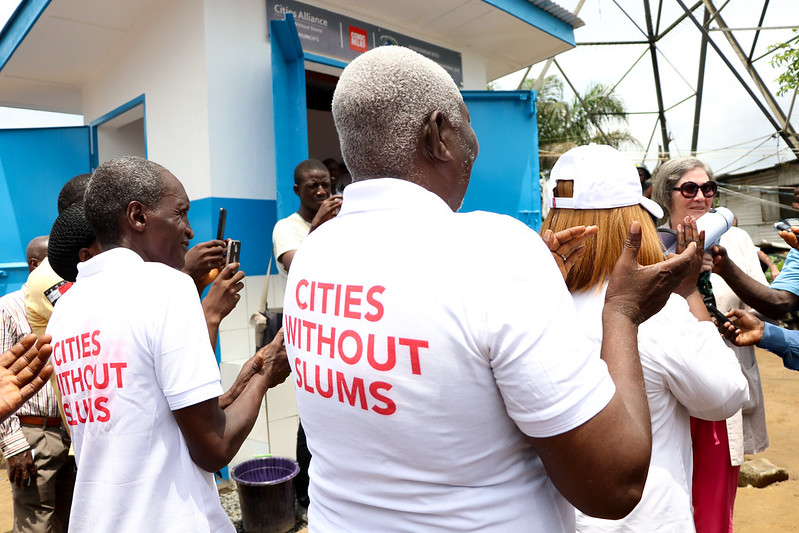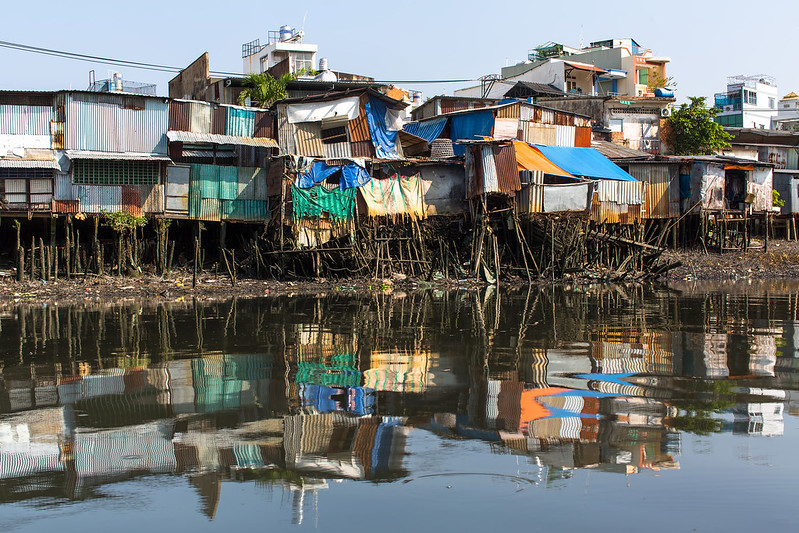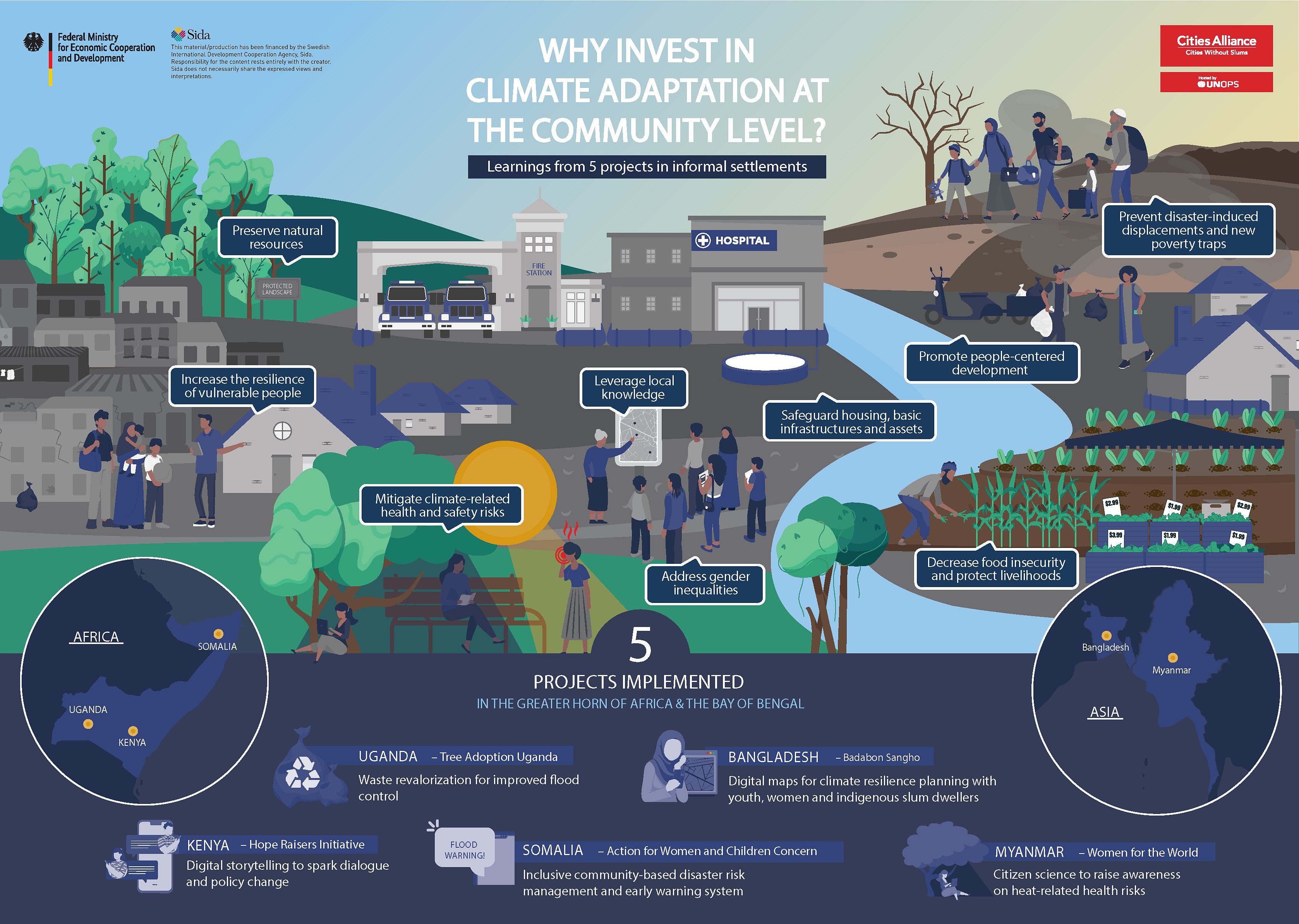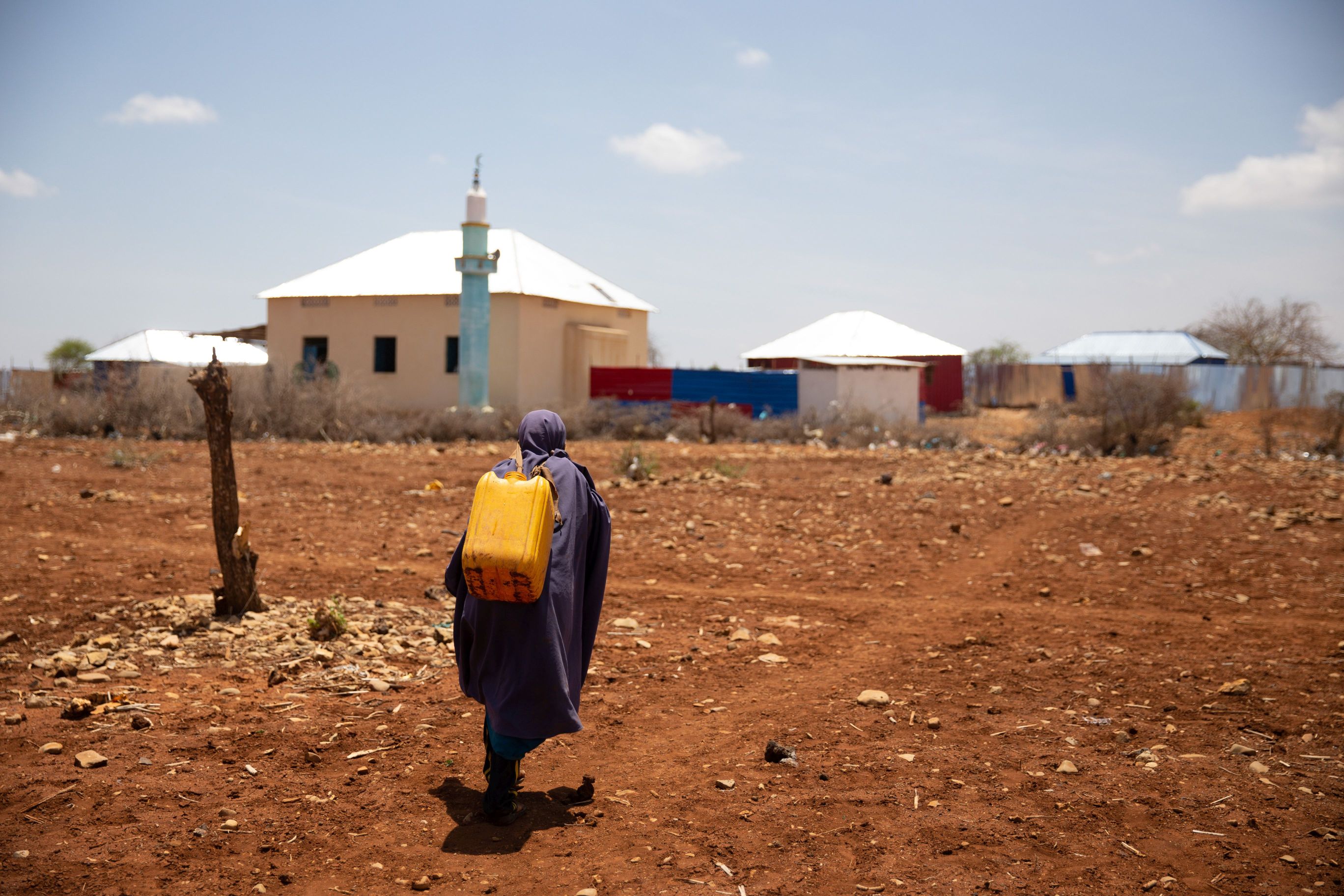Making a measureable difference
The Cities Alliance has in the last several years made significant progress in consolidating its monitoring, evaluation and learning systems. To assess the extent to which its efforts and those of its partners are making progress towards these objectives, we monitor and evaluate our operational activities within an approved results framework. It incorporates several indicators, which will be used to inform on progress towards the overall intended outcomes, including potential replication and mainstreaming of learning generated.
Cities are where the climate battle will largely be won or lost. With more than half the world’s population, cities are on the frontlines of sustainable and inclusive development.
António Guterres, Secretary-General of the United Nations

Building on Cities Alliance’s profound experience in 20 years of working with local communities and governments and well-established global programmatic structures, we try to lever synergies on all levels.
We address challenges at the community, city and global level, allowing for a comprehensive and scaleable approaches. As shown above, lessons learned, and knowledge generated at the community and local levels will be captured and used to feed and strengthen activities at the global level.
On the frontline of Climate Change: Delivering Results since 20 years
Cities Alliance programmes have in particular helped to understand the breadth and depth of the capacity needs in critical frontline services and key support functions in secondary cities of varying sizes across the globe.
For more than 10 years, the work on climate change and resilience remains a cornerstone of our work - resulting in comprehensive outputs, like detailed assessments of economic and environmental resiliency challenges, guidelines for future urban programming, various diagnostic studies on informality, strategic urban planning, and improved decision-making on the local level.
Below are some groundbreaking and influential achievements, that helped to shape the discussion on how cities can work with the urban poor, including those living in informal settlements and working in the informal sector, to increase citywide resilience for the benefit of all.
Besides the diagnostic work on the ground, Cities Alliance aims to foster harmonization of multiple approaches and diagnostic, together with its members and partner networks, to advocate for the urban poor, the role of informality and the situation of secondary cities globally.
Cities Alliance at COP27 (2022)
Cities Alliance at COP26 (2021)
Cities IPCC science conference (2018)
Resilient Cities Congress (2016)
Cities Alliance at COP21 (2015)
